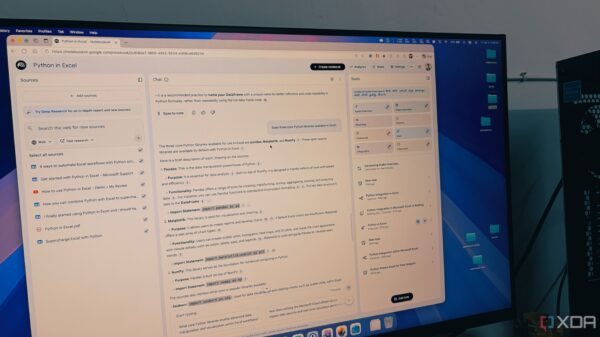The government of Argentina, led by President Javier Milei, has vetoed proposed increases in spending on pensions and disability protections, a move aimed at maintaining the country’s fiscal discipline ahead of the upcoming midterm elections in October 2023. This decision highlights the administration’s firm stance on eliminating the chronic fiscal deficit that has plagued Argentina for years.
Details of the Veto
On Monday, Milei’s administration announced the veto of legislation passed by Congress last month that sought to enhance pension payments to retirees and expand financial benefits for individuals with disabilities. The official statement from the government emphasized that these spending bills were approved “without determining the source of the funds,” which conflicted with Milei’s commitment to reduce inflation and restore fiscal balance.
The proposed pension increase of 7.2% was projected to cost approximately 0.9% of Argentina’s gross domestic product (GDP) this year and 1.68%
Since taking office in December 2023, Milei has implemented stringent austerity measures that resulted in Argentina achieving its first annual fiscal surplus in 14 years. These cuts were painful, affecting social spending and public works. The measures have had mixed results, as the monthly inflation rate fell below 2% in June 2024, a notable decrease from over 25% when Milei began his presidency. However, the economic recovery has come at a cost, with rising unemployment and a significant decline in real wages. “This president prefers to tell an uncomfortable truth rather than repeat comfortable lies: There is no money,” the government stated, echoing sentiments reminiscent of Donald Trump’s “Make America Great Again” campaign. Despite the government’s fiscal achievements, many Argentines continue to suffer economically. Prices remain high, with a year-on-year increase of 40%, causing widespread discontent, particularly among retirees. Protests have erupted regularly, with older Argentines demanding better financial support as they struggle to live on monthly pensions averaging just $400. Congress retains the ability to overturn these vetoes with a two-thirds majority in both chambers. This presents a significant challenge for Milei’s libertarian party, which holds a minority of seats. The political dynamics have been tense since his inauguration, and while Milei previously secured votes from the conservative PRO bloc to block pension increases, the upcoming elections could reshape the balance of power. Milei’s administration views the October elections as a critical opportunity to enhance its representation and secure support for ongoing fiscal reforms aimed at attracting foreign investment. The elections are widely interpreted as a referendum on Milei’s policies and performance during his tenure. As protests continue to unfold, particularly among retirees, the government faces mounting pressure to address the economic hardships experienced by many citizens. The path forward remains uncertain, as Milei balances fiscal responsibility with the pressing needs of the Argentine populace.Impact of Austerity Measures
Political Landscape and Future Challenges






































































